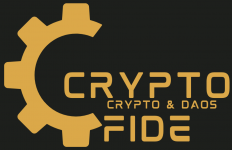
Introduction to DAOs
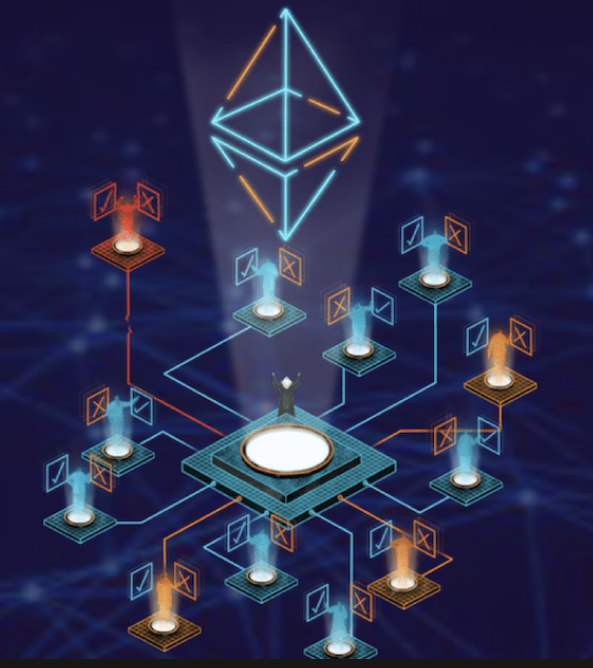
DISCLAIMER: This deliverable constitutes student research as part of coursework for LITE Lab@HKU and nothing contained should be construed nor relied upon as legal advice by HKU nor its students nor instructors.
What are DAOs?
A DAO stands for decentralised autonomous organisation. They operate automatically on the blockchain and therefore are able to be collectively governed without need for any centralised power. Essentially, rules coded into the program allow users to collectively manage the DAO through voting. By virtue of concrete pre-programmed rules DAOs do not rely on any separate management body to implement or make decisions.
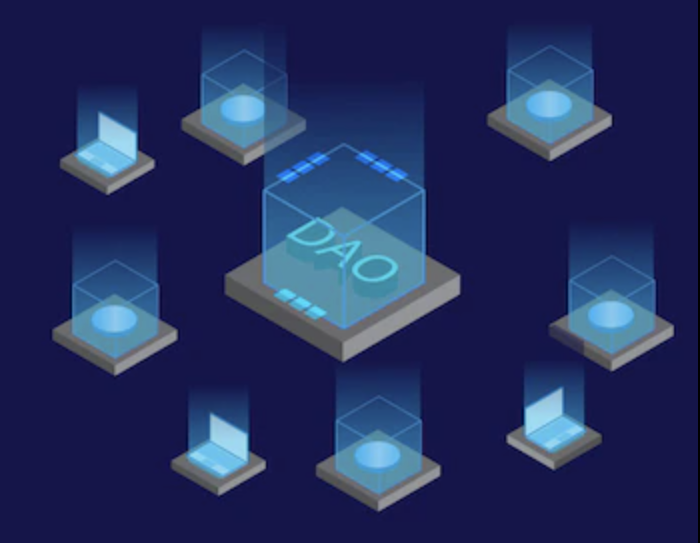
They can therefore offer a fairer, more transparent system for managing an organisation. They can provide a solution to organisational problems associated with a traditional LLC structure including the inherent risks for shareholders and users of a conventional company in the requirement to delegate responsibilities to company executives.
Decisions in DAOs are the direct result of the DAO’s token holders. Financially, for example, DAOs’ treasuries are built in and managed through the collective voting power of the group. Accordingly, it is ensured by the very nature of a DAO that the governance of the organisation is transparent and democratic.

Why do we need DAOs?
The certainty to how DAOs function and the guaranteed transparency of all decisions regarding governance provide significant benefits that are novel and unique. Firstly, they eliminate the need to trust other people involved with a project.
This is a major advantage as entrepreneurial work becomes increasingly remote and starting projects may be desirable with people for whom relationships of trust have not been developed.
When financial investment is in the question, it is significantly beneficial to have a system that ensures the rules for which the organisation will be run.
DAOs are therefore potentially a tremendously useful tool for facilitating the new kinds of business activity in the present day.
Examples of DAOs:
DAOs make more sense when taken out of the abstract and example use cases which fall beyond the more conventional applications of DAOs are considered such as:
Collective asset ownership
Venture funds
Investment Grants
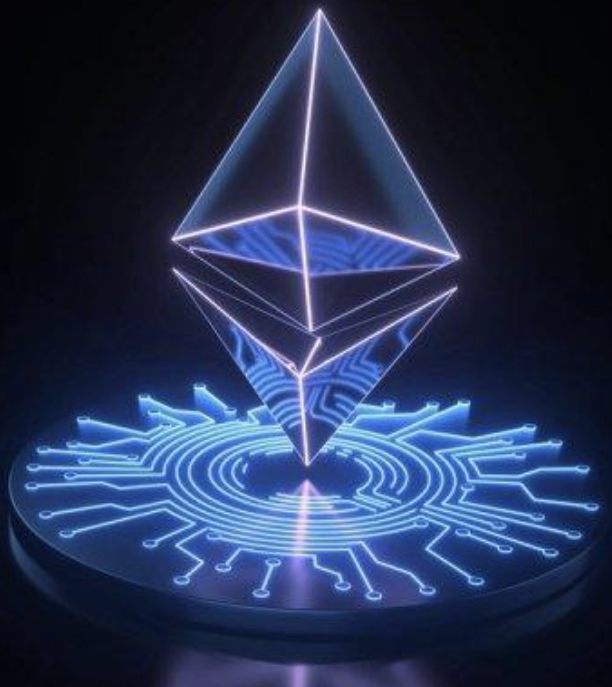
How DAOs Work:
“Decentralized Autonomous Organizations operate using smart contracts, which are based on blockchain technology where the decision-making processes is the result of digitally coded agreements.
Decisions execute certain code for the purposes of increasing the supply of circulating tokens, burning reserves and issuing rewards for example. The blockchain provides voting options to token holders where the votes are not based on each member but each token. The result is that the number of tokens a member holds correlates to their voting power.
This provides governmental influence unequally amongst users holding different amounts of tokens; its advantage lies in voting power being proportional to a member’s financial stake in the DAO and therefore is a monetary incentive to decision-making in good faith.
This system is intended to incentivize users with a monetary stake in the DAO to act in good faith.
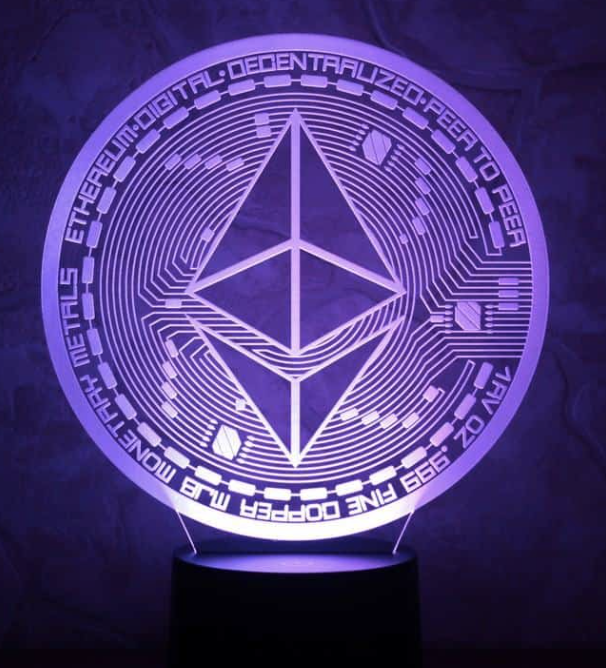
DAOs VS LLC
DAOs are not traditional legal entities although they can be compared to traditional legal entities such as an LLC. DAOs do not inherently require any reliance on legal corporate structures to operate because they operate in a structured way automatically through smart contracts on a blockchain. In the absence of DAOs being afforded their own legal identity, its members are not subject to the normal liability protections for their activity in the interest of the DAO. This means it is possible for members of DAOs to be held liable for any of their business activity under the DAO.
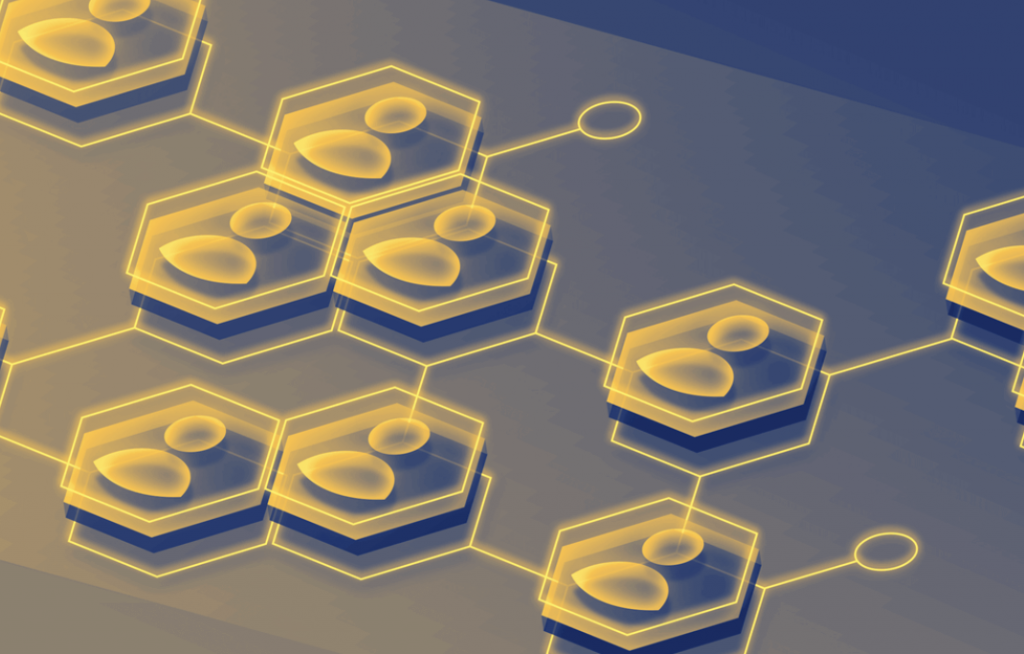
Explore more into the world of DAOs
© 2022 All Rights Reserved.